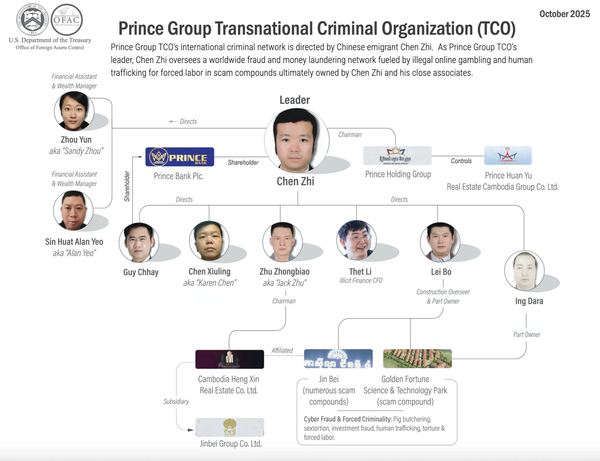North Korea's Lazarus Group Returns to Tornado Cash

US Attorney to seize $2.3m for pig butchering victims, Hackers stole data on 43m from French unemployment agency, FTC fines two fraudulent tech support firms, Attackers stole $2m from a single crypto investor, FCC approves Cyber Trust Mark labels, Florida man sues GM and LexisNexis for collecting car data, Zscaler buys Avalor for $350m, much more




